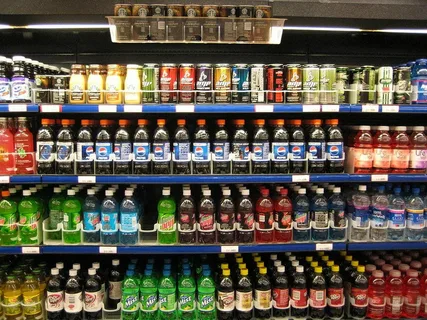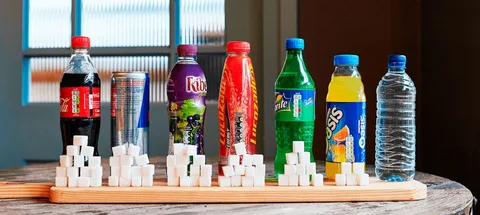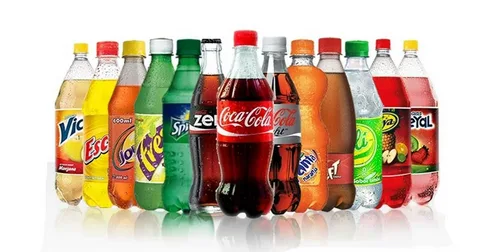Drink price on sugar content in the UAE is set to change drastically starting January 2026, as the government introduces a new model that links beverage prices directly to the sugar content per 100 ml in UAE. This marks a shift from the flat excise fee to a sugar-based tiered taxation in UAE, aimed at curbing high sugar consumption and promoting healthier lifestyles.

According to the Ministry of Finance and the Federal Tax Authority (FTA), this initiative is part of a broader health agenda. The more sugar a drink contains per 100ml, the higher the tax rate applied. The FTA emphasized that this approach replaces classification-based taxation and instead imposes levies based on actual sugar levels.
This amendment is part of the UAE’s broader efforts to promote public health, reduce high-sugar consumption, and encourage product reformulation,” the ministry stated.
Health Incentives and Manufacturer Response
The sugar content regulation in UAE aims not only to reduce chronic disease rates but also to empower consumers to make informed choices. The tax model offers financial incentives for companies to reduce sugar levels and promote healthier options.
Dr. Ahmed Abdul Karim Hassoun, a consultant endocrinologist at Fakeeh University Hospital, supports the shift:
“By linking tax directly to sugar levels, drink price on sugar content in UAE becomes an active tool in preventing obesity, Type 2 diabetes, and metabolic syndrome.”
He also emphasised that reducing added sugars must be accompanied by public education efforts to maximise their long-term impact.

Success in the Region, But Challenges Remain
Since the UAE first implemented a sugar tax in 2017, other Gulf nations, including Saudi Arabia, Oman, and Bahrain, have adopted similar measures. Bahrain experienced a significant decline in diabetes prevalence, from 19.5% in 2011 to 11.3% in 2021.
Still, countries like Oman and Kuwait reported increases in diabetes rates, showing that taxation alone may not be enough. Sugar-based tiered taxation in UAE is expected to create a stronger incentive for reformulation than flat-rate systems.
Global studies back the UAE’s approach. A recent report published in Nature Medicine by Tufts University linked sugary drinks to 2.2 million new cases of Type 2 diabetes and 1.2 million cardiovascular cases annually. In the Middle East, sugary drinks account for up to 15% of all diabetes cases.
With such evidence, sugar content regulation in UAE becomes a vital part of a comprehensive public health strategy, joining other regional efforts to curb sugar-related diseases.
Also Read
UAE Consultancy Rayad Group Apologises for Golden Visa Lifetime Residency Confusion, Suspends Services








